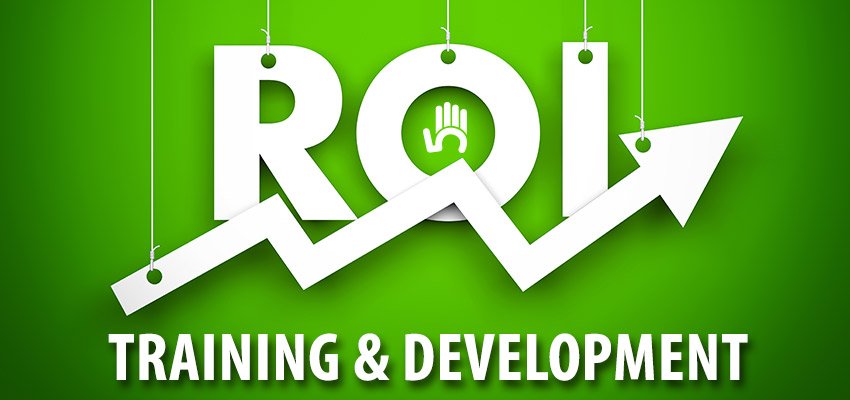Course Overview
The workshop is designed to be interactive and participatory. It includes various pedagogical tools to enable participants to learn effectively and efficiently in a multilateral environment. The course is built on real business scenarios that stem from what participants experience in their workplace, to ensure behavioral change upon returning to their job.
Course Objectives
By the end of the course, participants will be able to:
- Establish a solid relationship between business needs and training projects
- Scientifically isolate the impact of the most common training programs on business outcomes
- Monetize the benefits of the most common training programs
- Compare the costs of training programs depending on their delivery methods – online, onsite, and blended
- Optimize the ROI on training programs
Target Competencies
- Business acumen
- ROI calculation
- Training needs analysis
- Instructional design
- Decision making
Target Audiance
- The eager entrepreneur seeking to maximize returns on investment through strategic training allocation.
- The seasoned HR professional aiming to quantify the effectiveness of employee development initiatives.
- The curious analyst eager to delve into the metrics behind training programs for enhanced organizational performance.



 4.9
4.9

